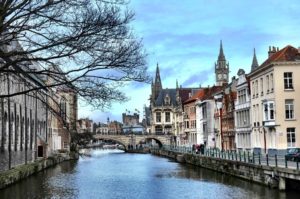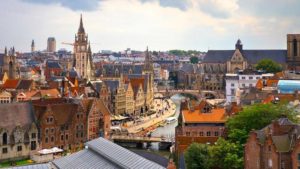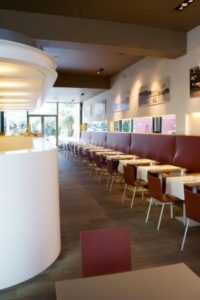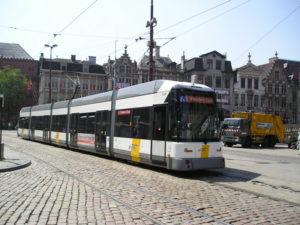Nobody tells you that one of the best things that can happen when you become an author is that you get to hang out with other authors. At panels, conferences, book signings, and just casually when you run into them on your travels. It may not be the Fellowship of The Ring, but there’s a connection.
When I’d only been publishing for a few years I was lucky enough to be on the Jewish Book Fair circuit at the same time as Walter Mosley. We were both appearing in Houston and when I told the fair’s director how much I admired him, she graciously asked if I’d like to stay an extra day and meet him (!). I not only joined a group for dinner, I heard him give a splendid reading. Later Mosley and I had drinks and talked about the dynamics of building a series.
I’ve had dinner with the witty and urbane Edmund White in Paris after meeting him at an awards ceremony in D.C. He gave me an insider’s advice about what to see in and near Paris that first-time tourists usually miss, and thanks to him I spent a glorious day at the amazing chateau Vaux-le-Vicomte. As he had predicted, it was almost empty of tourists.
At a summer Oxford University conference, thriller writer Val McDermid rescued me from the humiliating spectacle of passing out in an overcrowded, boiling hot lecture room which had just one measly fan off in a corner. She deftly got me to the river where we sat cooling off for a few wonderful hours chatting about our careers, life, and love as we watched little boats pass by.
I can’t count how many authors have been gracious enough to write blurbs for my many books, and one who was too busy to read that particular book actually invited me to teach at the summer workshop she ran instead. Author after author has been unfailingly kind to me in one way or another.
There’ve been some very colorful exceptions. My favorite was the New York Times best seller who I had been exchanging some notes with because we admired each other’s work. That author invited me and my spouse over for drinks the next time we were in New York.The visit was going to be one fun piece of a blowout birthday weekend that included dinner at the Russian Tea Room. When we got to New York and I called from the luxury hotel we’d splurged on, the writer insisted I had the date wrong. That wasn’t possible, since, well, I did know my own birthday and had said I was coming in for it. This literary star was super frosty on the phone and even sent a postcard later telling us about the wonderful menu we had missed at his home (it actually didn’t sound that great).
But a childhood TV hero of mine was staying at the hotel, and when I saw him in the lobby, I got to tell him how much I loved his show; I spent time that weekend with my best friend from college; the hotel’s Sunday brunch was stupendous; and I had terrific seats to see B.D. Wong and John Lithgow in M. Butterfly.
The generous and friendly ones have vastly outnumbered the others, and of course the exceptions have given me great material….
Lev Raphael is the author of two dozen books in genres from memoir to mystery, including a guide to the writer’s life: Writer’s Block is Bunk.




